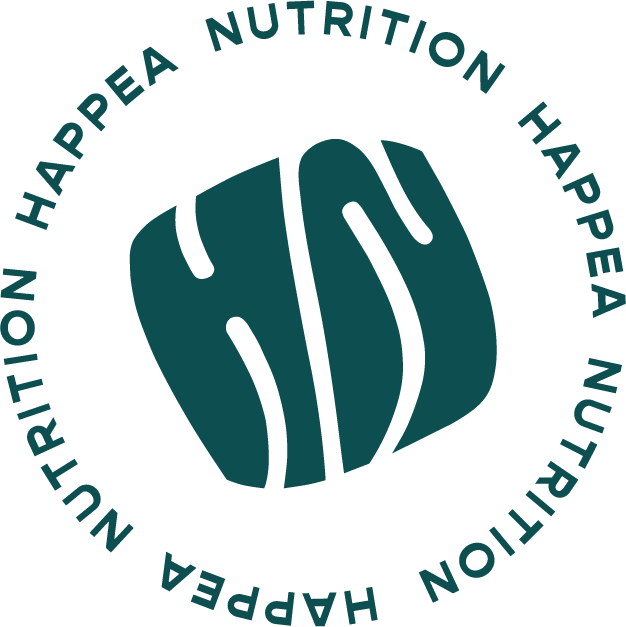The Problem with Inclusion in Dietetics
The recent events have sparked a discussion about diversity and inclusion in all professions. Dietetics of course is one of them, even though the reaction from the Academy of Nutrition and Dietetics was extremely disappointing to the whole community. I feel that to be more inclusive the field must first work on moving away from being elitist. There are worlds between inclusion and elite, and providing a handful of “diversity” scholarships will not change the fact that for many people becoming a registered dietitian (RD) is simply unattainable.
The reason behind my statement is simple: finances. If you already are motivated enough to take on at least seven years of education in science and you have a good understanding of medicine and clinical nutrition, you would likely choose to train as a physician. The ability to still choose a career that pays a fraction of what you would make as a MD is a luxury.
Let’s break it down. according to a quick Google search, an undergraduate education in the United States will cost you between $20,770 for public schools (in-state) and $60,000 annually for private schools . As of 2024 all RDs will need a masters degree, which adds a yearly tuition costs of about $30,000 at public and $40,000 at private schools. A dietetic internship can cost anywhere between $4,000 and up to $30,000. The duration also varies: some programs are only 9 months, while others will take up to 13 months to complete. This is not all. Once you are done with this lengthy education you need to pass a registration exam. Of course, the cost for this exam is not included into the internship. An additional $200 for each time you try (some people are not good test takers and may need to take the exam more than once). Which leaves us at anywhere from $147,080 to $310,000 for education alone (add the exam fee to this).
Another problem is the internship itself. In contrast to any other clinical training program, it is unpaid. The reason behind this, is that it is an “educational program”. However, it also is not really because you will be unable to get federal loans for a dietetic internship. Why? Because it is a training program and is not run through universities (in most cases) but hospitals. Therefore, you will be working full-time for at least 9 months without getting paid. Actually, you will have to pay for working full time. Even if you make it through your undergraduate and masters education by obtaining loans, scholarships, and making some extra money working part time, how on earth can you now work full time with no pay? What about paying off college loans? What about paying rent? Groceries? Maintaining a social life? Nobody in the world of dietetics seems to care.
Now, let’s examine how much registered dietitians make. With such an elite education they must make a ton of money, right? Unfortunately not. According to the Academy of Nutrition and Dietetics Salary Calculator , a newly registered RD will make between $65,000 - $75,000 annually in a clinical setting. Don’t get your hopes up, the number doesn’t increase too much with years of experience…Those who go into private practice could make $120,000 in their first year but they also need to rely on their own resources to establish a practice and find clients. This might be a challenge if you just got out of school.
With all this information in mind, let me ask you: how can a field that has such a poor return on investment ever be inclusive? It seems like it is made to filter out those who have the financial resources to go into the field out of pure passion. The Academy of Nutrition and Dietetics seems to have absolutely no intention of making a change to the absurd path young people need to take towards becoming a registered dietitian. The scholarships available are a nice incentive but with amounts between $1000 and $5000 for dietetic interns they are barely enough to cover supplies.
When I used to bring this issue up to professors or senior colleagues a general atmosphere of “I did it and so can you” is felt. Especially among those who were able to establish themselves in higher positions and now make a fair income. Most of us would not be where we are today without financial support of family, significant others, or savings form previous careers. This my friends is privilege.
I think as registered dietitians (or future RDs) we absolutely need to get off our high horses and understand that as of right now, simply being a RD is privilege. And it is 81% white. Making our field more diverse starts with paying dietetic interns. This will result in a student body made up of more than just rich white girls who want to tell people to eat less and exercise more.
Share this



